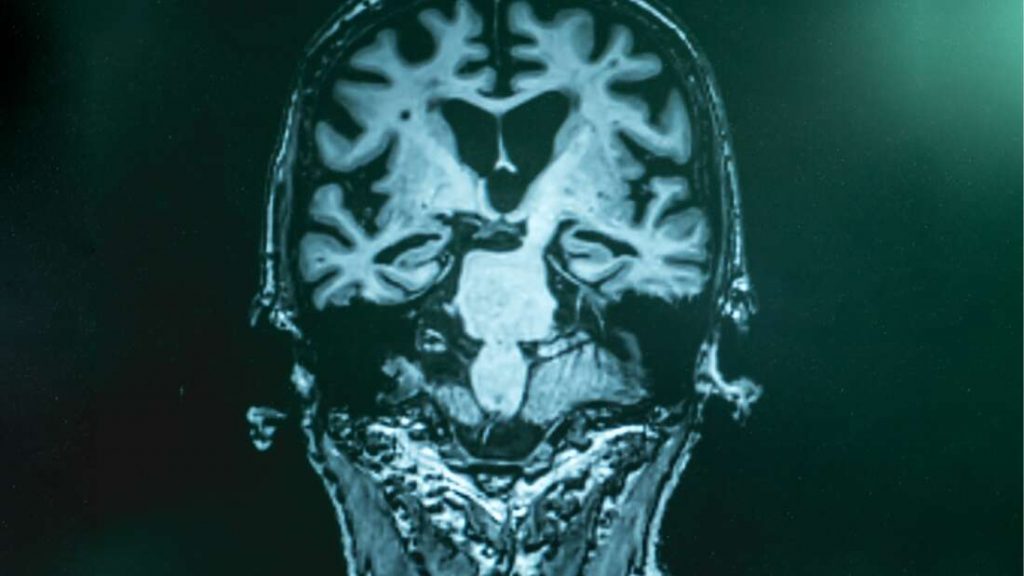Worldwide, nearly 50 million people are dementia patients with many types and forms. Alzheimer’s disease is the most common form of dementia contributing to 60-70% of the total cases. The number of dementia patients is constantly rising with a social, economic and psychological impact on patients and their families, careers etc. Still, this disease is not properly comprehended; therefore, most cases lack a definitive cause, and the diagnosis can be difficult.
However, this might get better, especially with the emergence of Artificial Intelligence in the medical world. Scientists at the University of Cambridge have developed a machine-learning algorithm that can diagnose dementia in a day. Pre-clinical tests have been able to diagnose dementia years before symptoms develop, even when there are no obvious signs of damage on the brain scan.

“Traditionally, when we look at patient scans, we are looking for patterns to be able to help us exclude things like strokes and brain tumors,” explained trial lead Timothy Rittman. “The computer can do this much more comprehensively than any human.”
Currently, scientists are running trials to check the efficacy of the system. About 80 patients have contributed to the study carried out at Addenbrooke’s Hospital in Cambridge, England. If the trials are a success, the algorithm could be introduced to patients across the UK, servicing up to half a billion pounds over the course of five years.

The algorithm operates by comparing patient brain scans against those of thousands of dementia patients. It uses the brain scans of dementia patients in combination with standard memory tests to spot the disease. It’s already proved capable of identifying even the mild signs that experts might exclude and match them to patient results from the database. It simply means that the algorithm rapidly diagnoses the condition and saves years of disease progression.
“If we intervene early, the treatments can kick in early,” Zoe Kourtzi, who developed the algorithm, told the BBC. “[We can] slow down the progression of the disease and at the same time avoid more damage … it’s likely that symptoms occur much later in life or may never occur.”

The condition of every dementia patient differs from the other for instance, some patients can stay stable for longer periods, while others weaken quickly. However, by comparing scans with prior patient results, the new algorithm can predict what the newly diagnosed can face.
“[It is a] fantastic development,” Rittman told the BBC.
“These set of diseases are really devastating for people … when I am delivering this information to a patient, anything I can do to be more confident about the diagnosis, to give them more information about the likely progression of the disease to help them plan their lives is a great thing to be able to do.”


